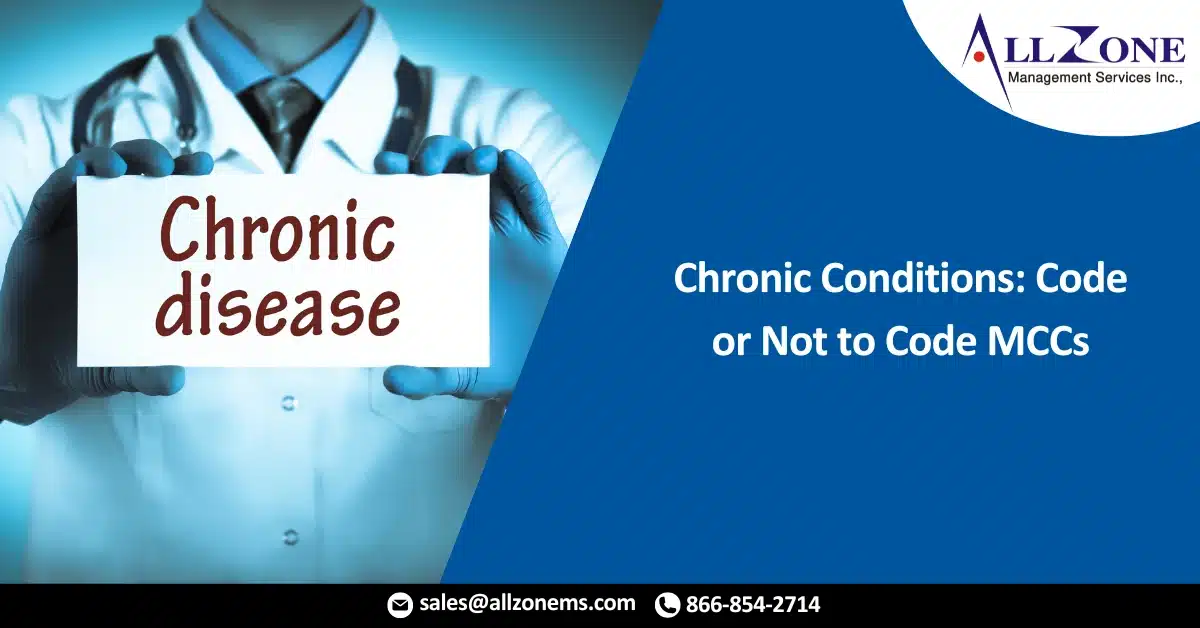GET OUT YOUR 2019 CPT® CODE BOOKS. YOU HAVE SOME CODE CHANGES TO MAKE. Effective July 1, 2019, the American Medical Association (AMA) is adding 21 new lab codes and deleting one in Appendix O, Multianalyte Assays with Algorithmic Analyses and Proprietary Laboratory Analyses. Deleted 0057U Oncology (solid organ neoplasia), mRNA, gene expression profiling by […]
In October 2015, physicians across the United States transitioned from the International Statistical Classification of Diseases and Related Health Problems, Ninth Revision to the tenth revision (ICD-10-CM, the US version of the World Health Organization [WHO] ICD-10). Although the ICD-10-CM was a new concept for physicians in the United States, the international variant has been available since […]
Ending surprise medical bills has risen to a national priority with bipartisan political interest. In January, President Donald Trump directed Cabinet officials to find a solution, and multiple congressional bills were proposed in the last Congress with the same goal. Surprise medical bills consist of unanticipated charges from out-of-network clinicians—often when the facility or primary physician is […]
Understanding the correct use of chronic condition codes in the coding process. Unexpected and inaccurate medical bills can be alarming and shocking. Coders are often confused regarding when they should code co-morbid chronic conditions and when they should not. This leads to inaccurate coding of levels, or sometimes missing out on the opportunity of […]




